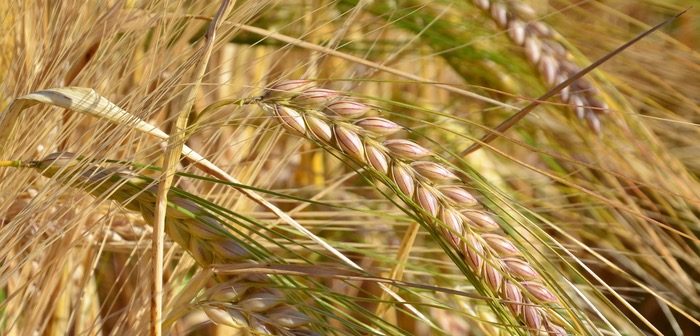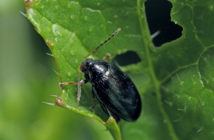Senova’s new high yielding spring barley with malting potential for brewing use, Florence, has been recommended and joins the AHDB Recommended List 2023/24.
Heading the latest spring barley list with a treated yield of 105, Florence comes from the German plant breeder Breun, which has a history of producing successful malting barleys for Europe.
As a result, Florence is in production in several European countries and is being developed around the world for the brewing industry. In the UK, it is now under test for MBC approval in this market segment.
Along with its excellent yield performance, the new variety has a very high specific weight of 68.2kg/hl, produces consistently low screenings and has a high Hot Water Extract of 313.8.
In the field, Florence has short, stiff straw and a height of 69cm, with an 8 for resistance to lodging and an outstanding 9 for brackling.
It is also earlier to mature than many, with a 0 for ripening.
All-round disease resistance
Florence’s good, all-round disease resistance comes from ratings which include an 8 for mildew, 5 for brown rust and 6 for Rhynchosporium.
These scores are reflected in an extremely high untreated yield of 95, as well as good regional performance.
As Senova’s managing director Jeremy Taylor comments, Florence is coming into a market that is currently dominated by two varieties, Planet and Laureate.
“Florence outperforms these two in most areas, from higher yields to better standing ability, grain quality and disease resistance.
“Importantly, in the current high-cost climate, it also has a higher untreated yield than either of the current market leaders.”
He adds that Senova is pleased to be marketing such a strong variety in the UK and looks forward to seeing the results from the MBC tests.
“Given the interest that’s already been seen in Florence across Europe and beyond, it seems to meet the requirements of the brewers,” he says.
“The fact that it also offers the better yield and agronomic characteristics that UK growers are looking for is another reason why we are so optimistic about this variety.”




